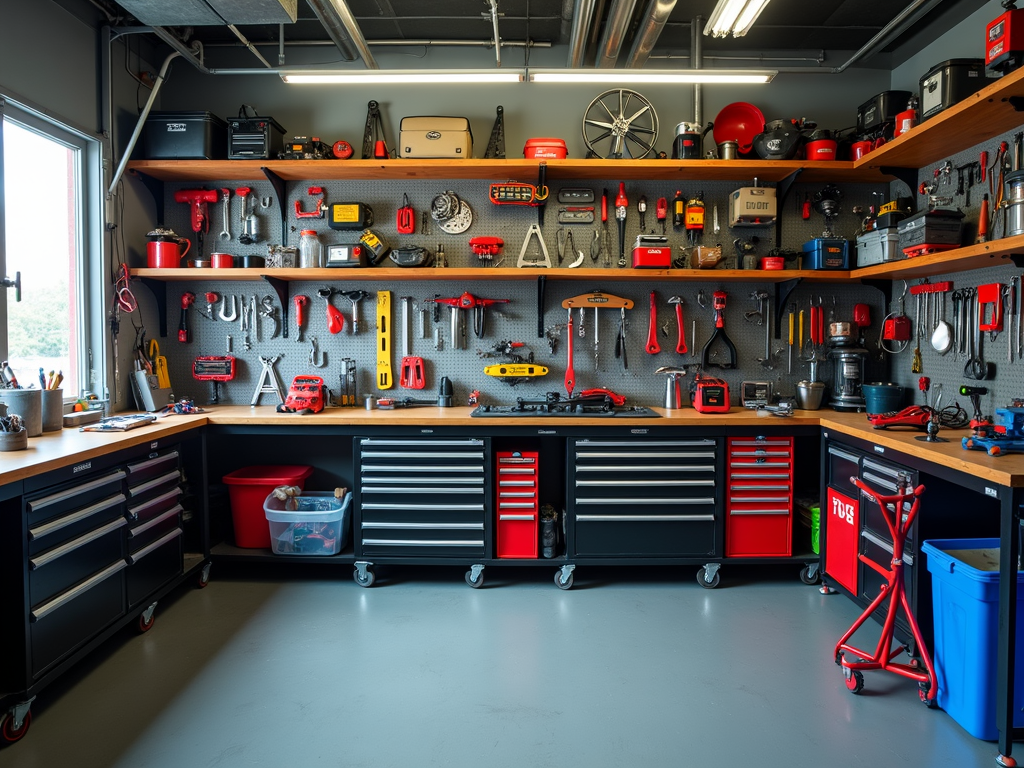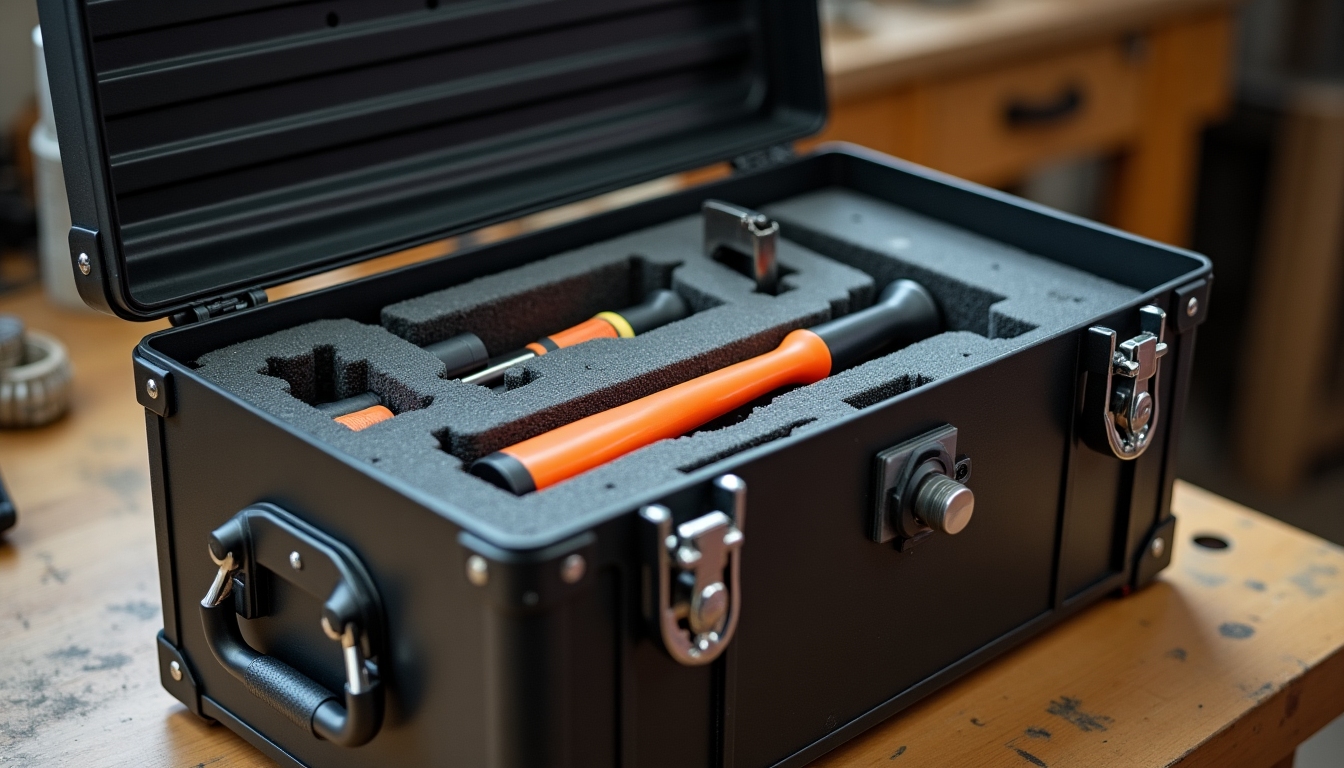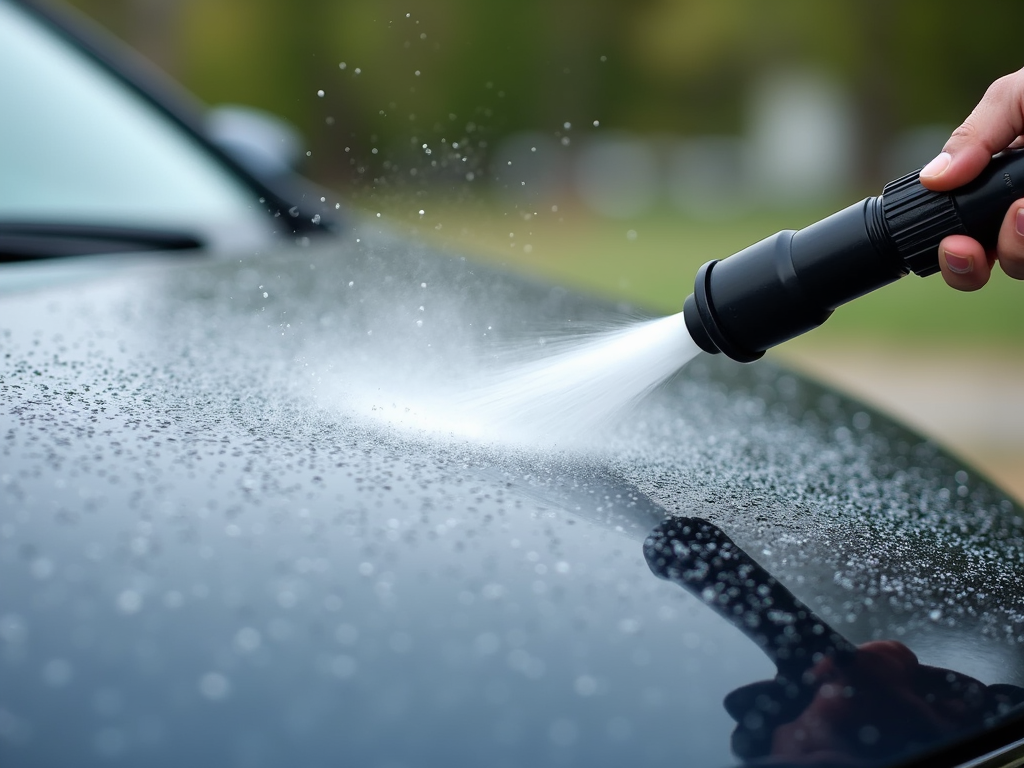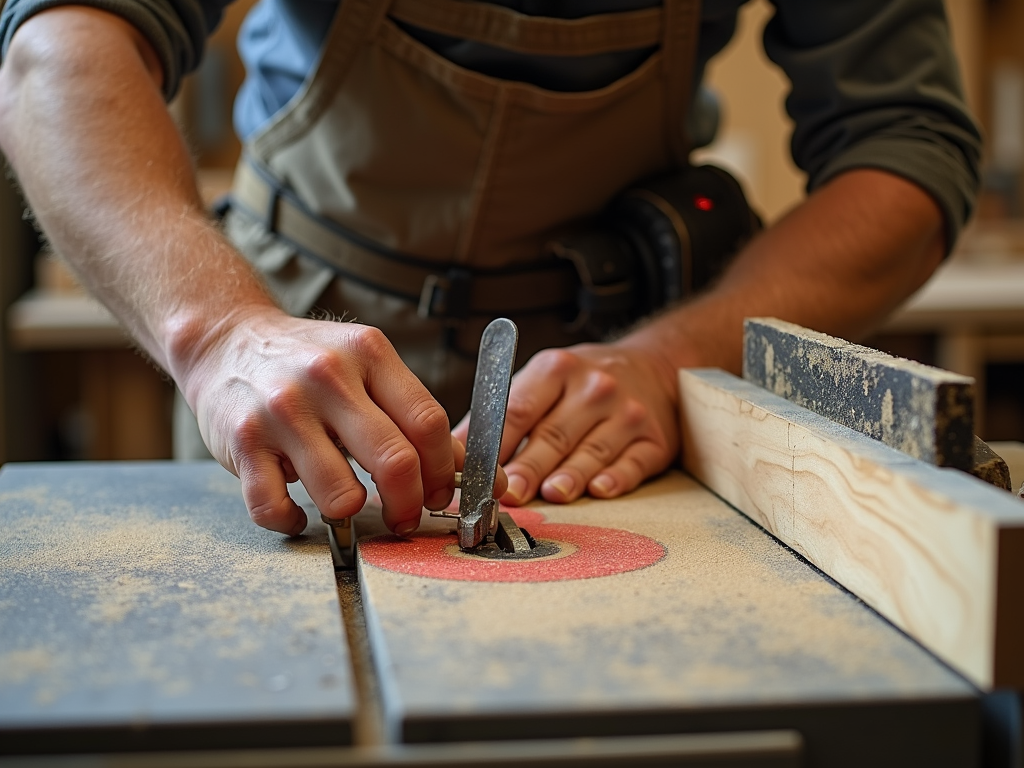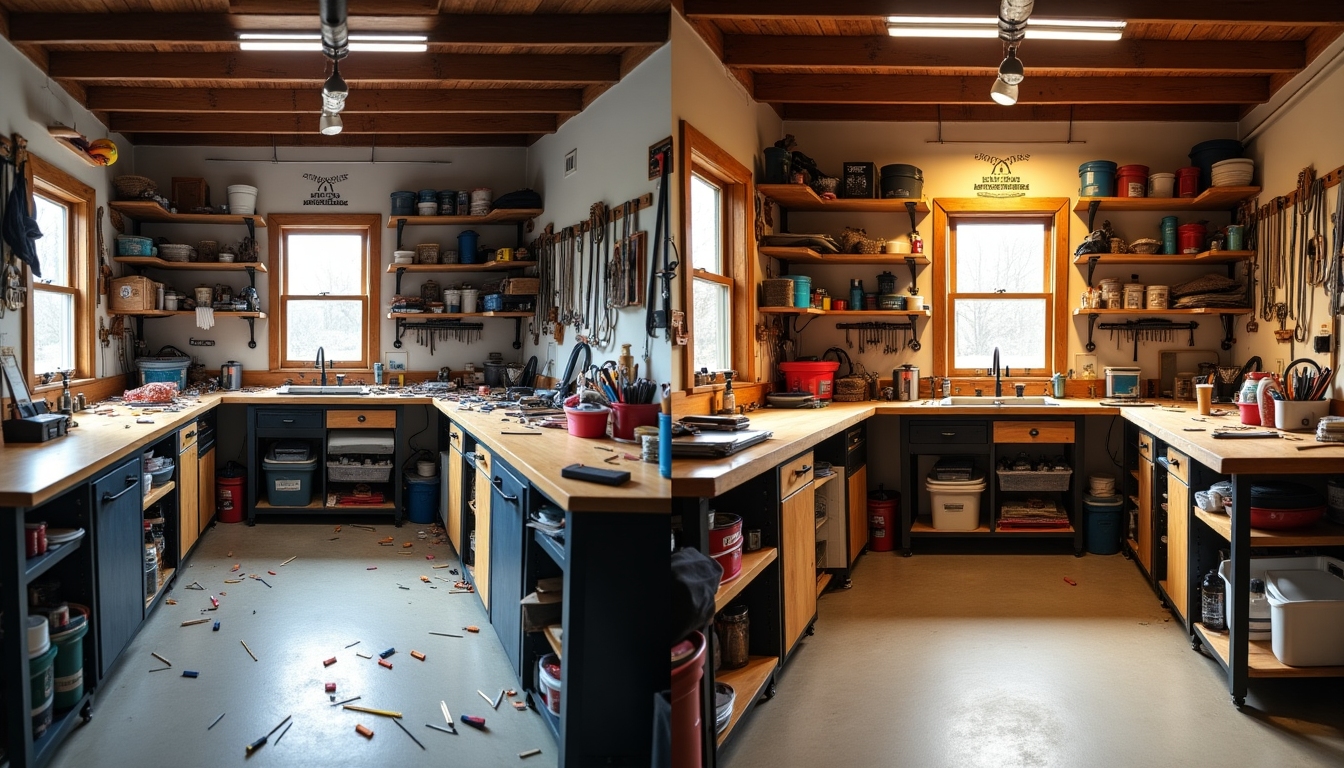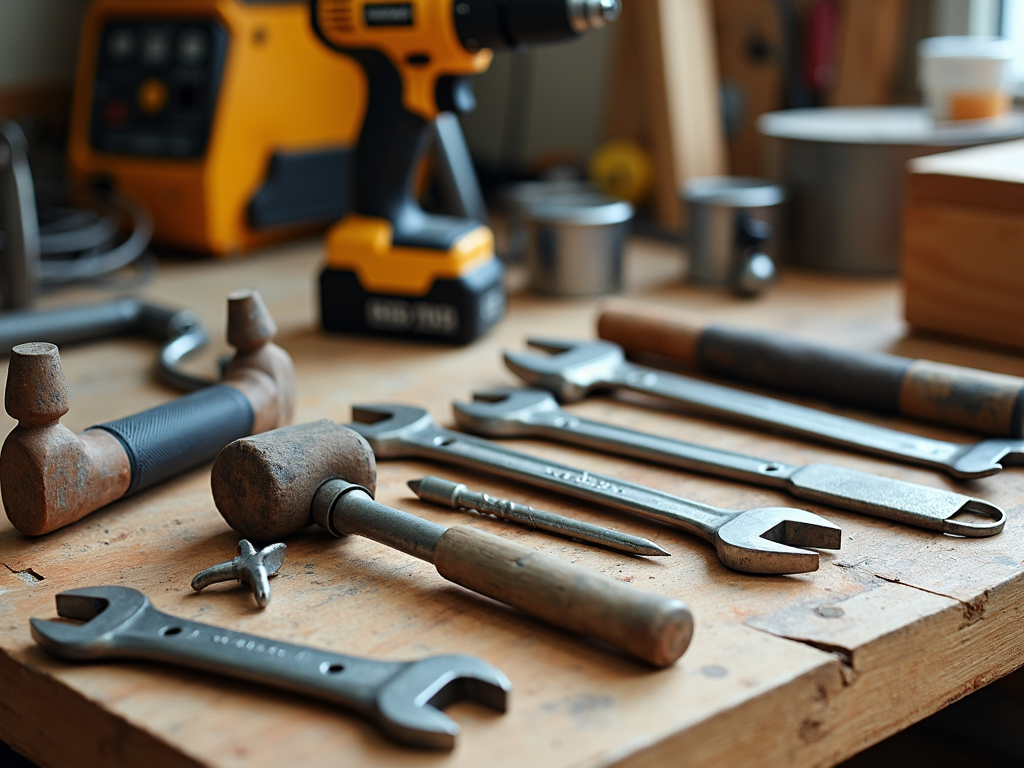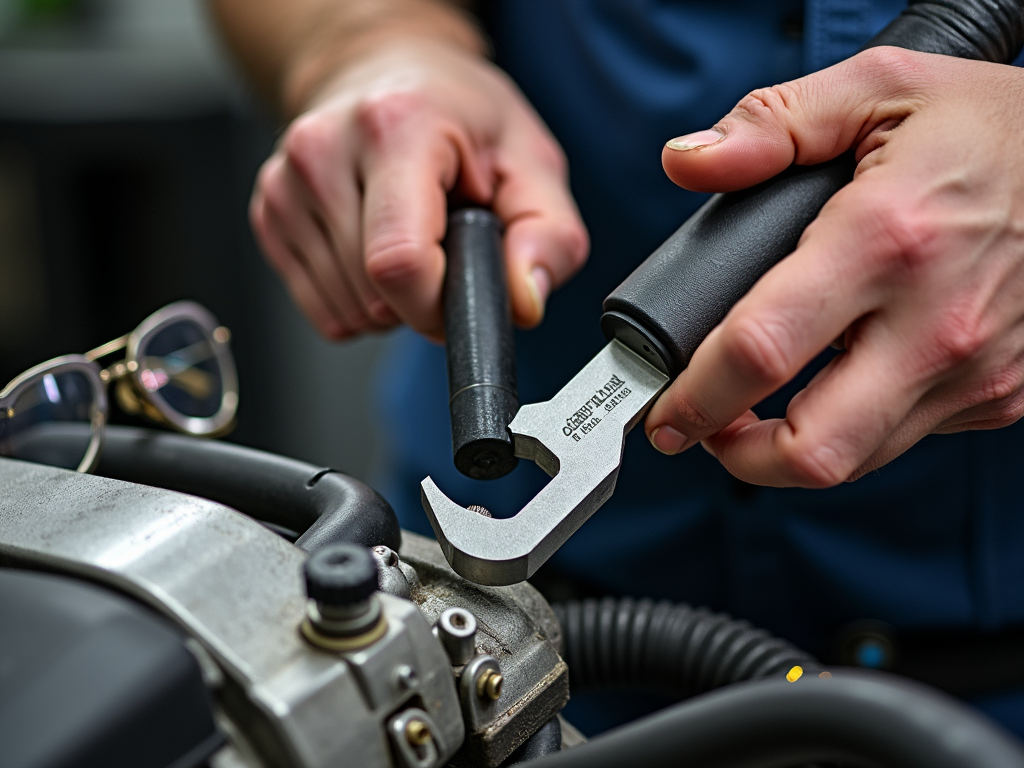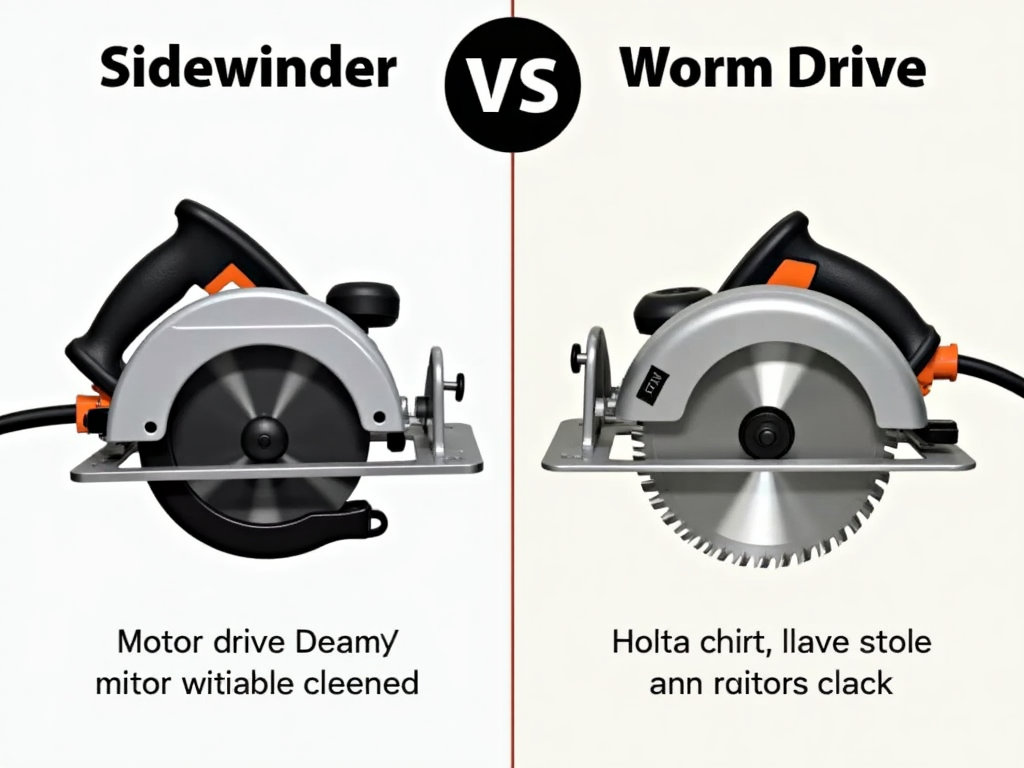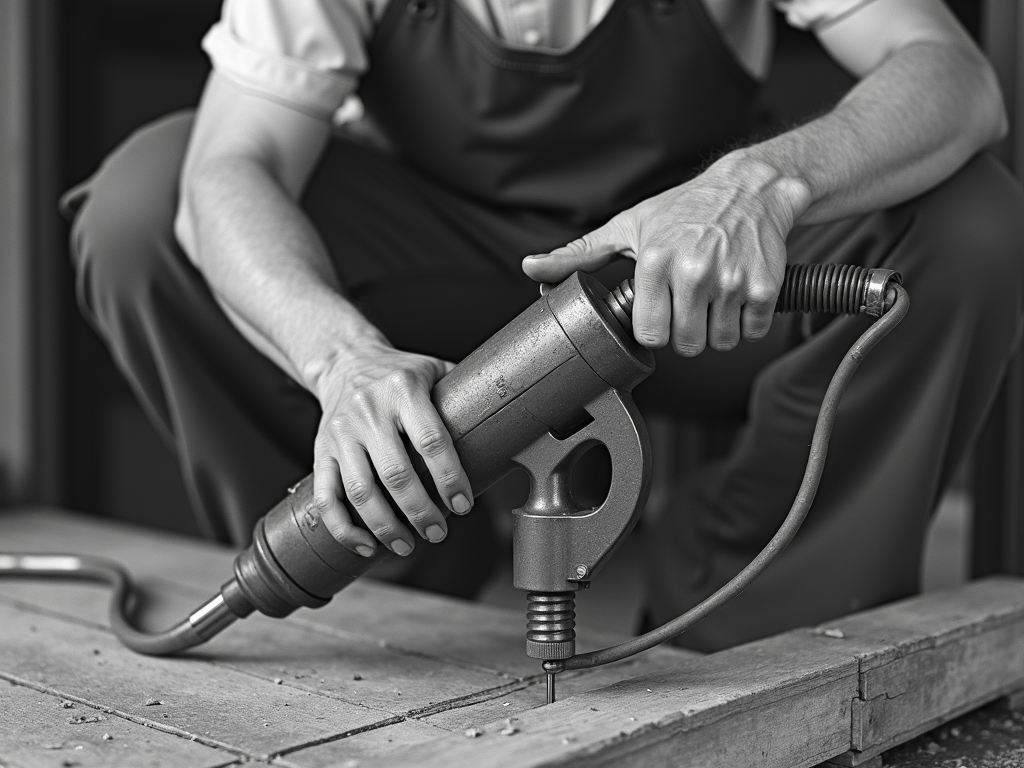Choosing the right tools for automotive repair is key to working efficiently and safely. Whether you’re a beginner or a seasoned mechanic, this guide walks you through the process to ensure you have the perfect tools for your automotive needs.
Understanding Your Needs
Before you buy any tools, figure out what you actually need. Think about the vehicles you’ll work on—cars, trucks, or motorcycles—and the tasks you’ll tackle, like oil changes or brake repairs. Your tool choices will depend on these factors.
I learned this the hard way once. I grabbed a standard wrench for a tough bolt, but it wouldn’t budge. Switching to a torque wrench saved the day. Knowing your job’s demands makes all the difference.
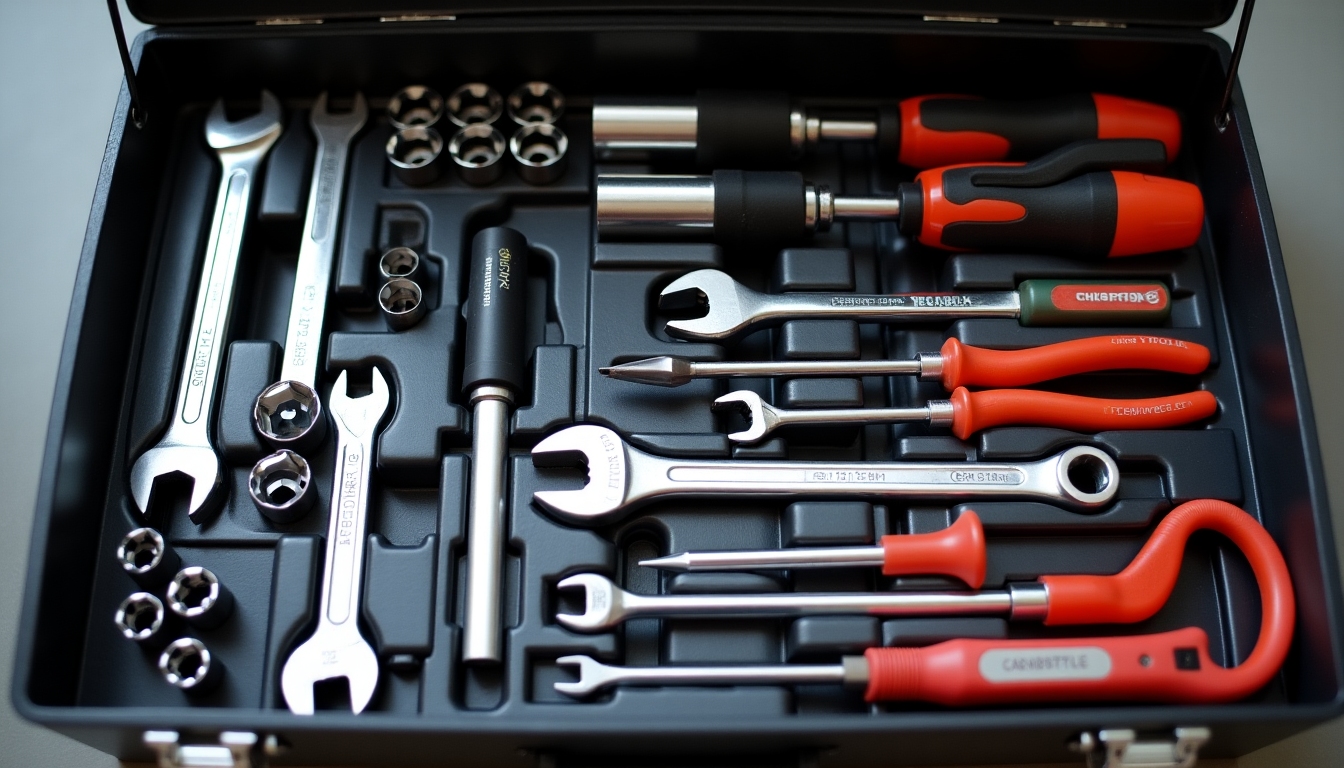
Essential Tools for Automotive Repair
Every toolkit needs some basics to get the job done:
- Wrenches and Sockets: Perfect for tightening or loosening bolts and nuts. Get a set with multiple sizes.
- Screwdrivers: You’ll need flathead and Phillips types for screws around the vehicle.
- Pliers: Great for gripping, bending, or cutting wires.
- Hammers: A rubber mallet and a ball-peen hammer handle different tasks.
- Diagnostic Tools: A code reader or multimeter helps troubleshoot modern cars fast.
Table: Comparison of Wrench Types
| Wrench Type | Use Case | Pros | Cons |
|---|---|---|---|
| Open-end | General purpose | Fits tight spots easily | Slips off fasteners |
| Box-end | Secure grip | Applies more force | Needs extra space |
| Adjustable | Versatile | Works on many sizes | Can slip if loose |
| Torque | Precision tightening | Exact force every time | Costs more |
This table helps you pick the right wrench for the job.
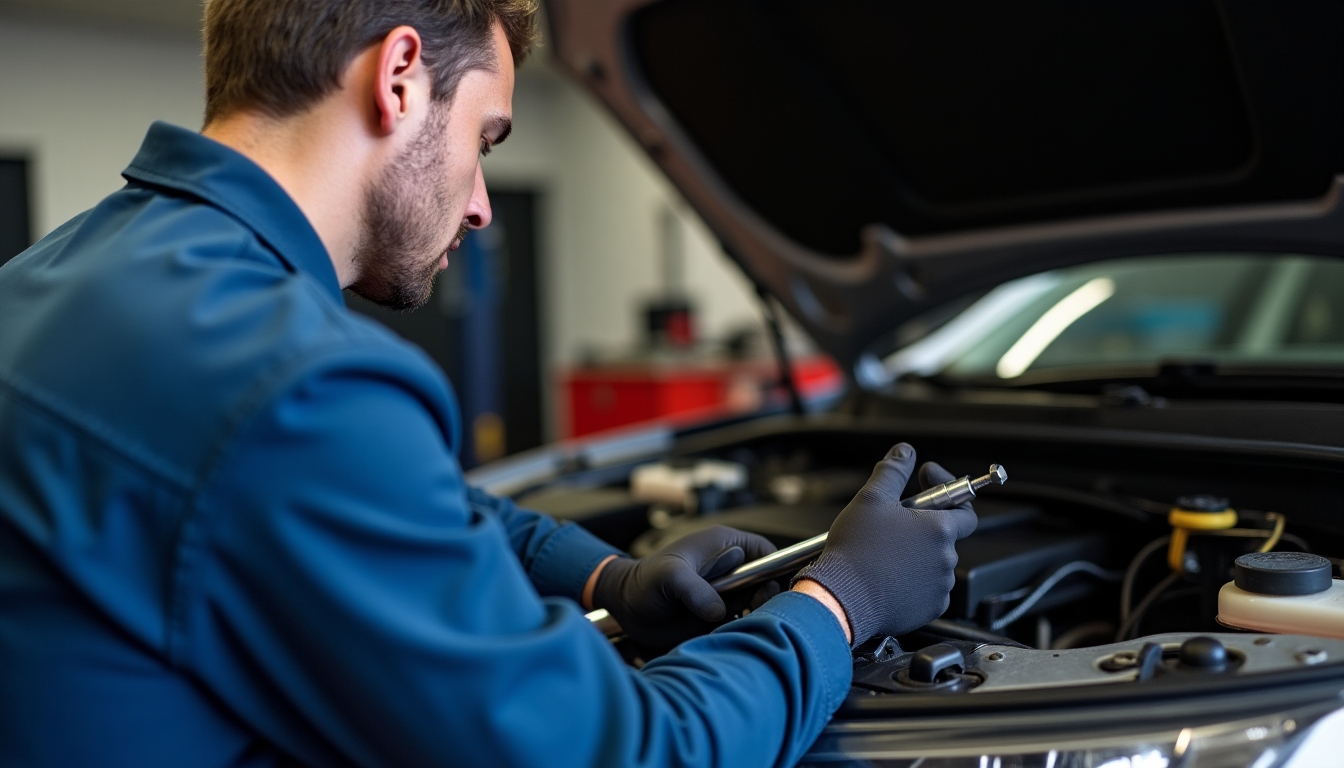
Choosing Quality Tools
Don’t skimp on quality. Workman tools for automotive repair stand out for their durability and precision. They cost more upfront, but they last years and work better. Cheap tools wear out fast and can even damage your car.
A study from the National Institute for Automotive Service Excellence found that quality tools cut repair time by up to 20%. That’s time and frustration saved.
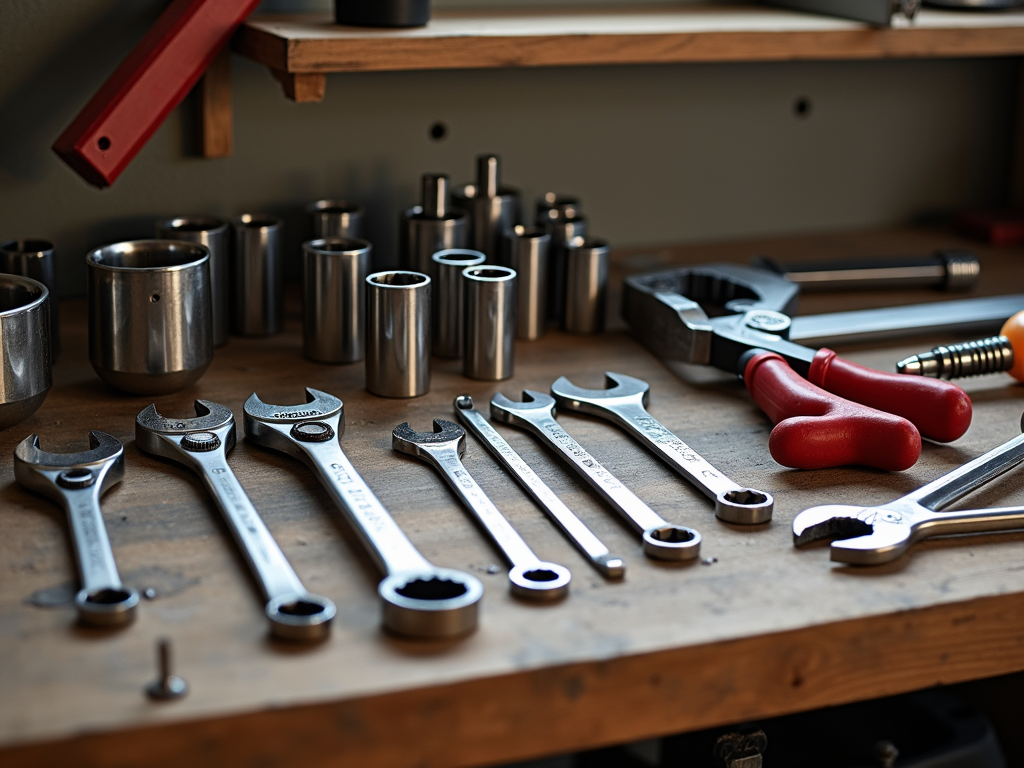
Specialty Tools
Some jobs need more than the basics. If you’re digging into engines, a compression tester checks cylinder health. For bodywork, dent pullers and sanders smooth things out. These tools aren’t cheap, but they’re worth it for specific tasks.
I once struggled with a seized bolt on an exhaust manifold. My regular wrench failed, but an impact wrench zipped it off in seconds. The right specialty tool turns a headache into a win.
Woodworking Tools in Automotive Repair
Woodworking tools might sound odd for cars, but they shine in custom projects. Think classic cars with wooden dashboards or custom interiors. A chisel set shapes wood panels, while a router adds detailed designs.
When picking woodworking tools for automotive use, go for quality—like workman tools—to handle the tough jobs. They’re not everyday tools, but they’re clutch for unique repairs.

Maintaining Your Tools
Picking the right tools is half the battle—keeping them in shape is the other half. Clean them after use, add a dab of oil to prevent rust, and store them somewhere dry. Well-cared-for tools last longer and work better.
Maintenance Tips: - Wipe tools clean after every job. - Keep them in a dry toolbox or cabinet. - Oil moving parts to keep them smooth. - Check for damage regularly. - Replace anything worn out.
A little care goes a long way.

Advanced Tools for Modern Vehicles
Today’s cars come with tech that needs more than wrenches. Diagnostic scanners pinpoint electrical issues, and multimeters test circuits. These tools save hours of guesswork.
According to Popular Mechanics, modern diagnostics can catch 90% of engine problems fast. Pair these with your basics, and you’re ready for anything.
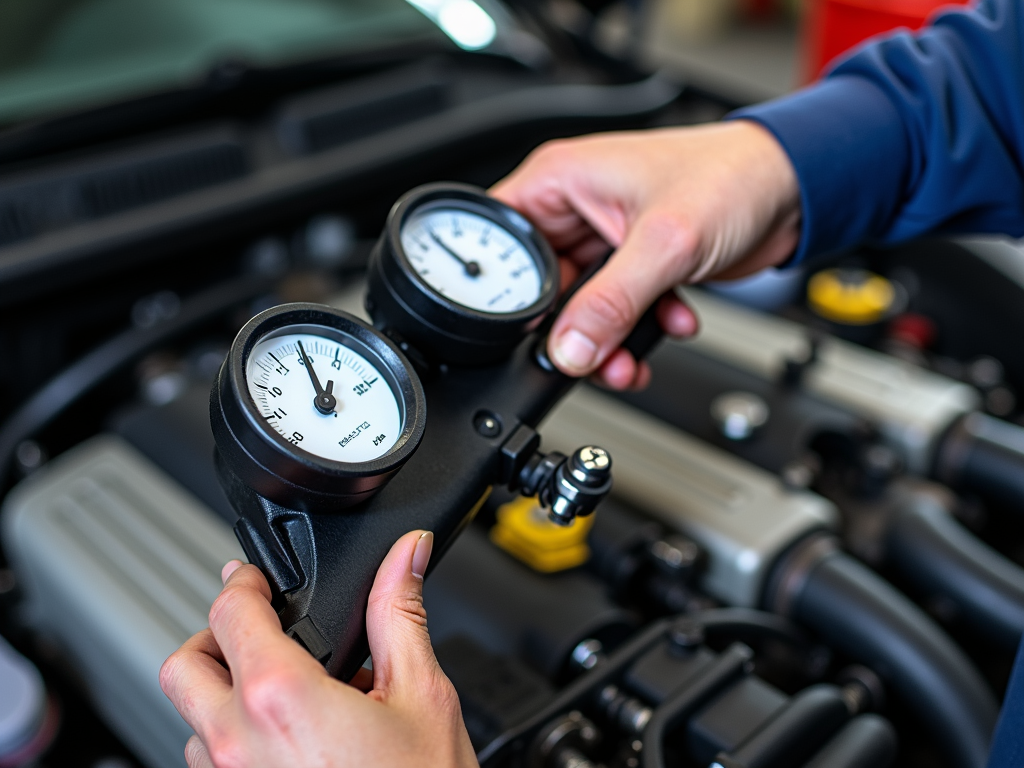
Budgeting for Your Toolkit
Building a toolkit can feel overwhelming, but start small. Focus on essentials first—wrenches, screwdrivers, pliers—then add specialty tools as you go. Quality workman tools might stretch your budget, but they pay off over time.
I started with a basic set and added an impact wrench later. Spreading out purchases made it manageable and kept me working.
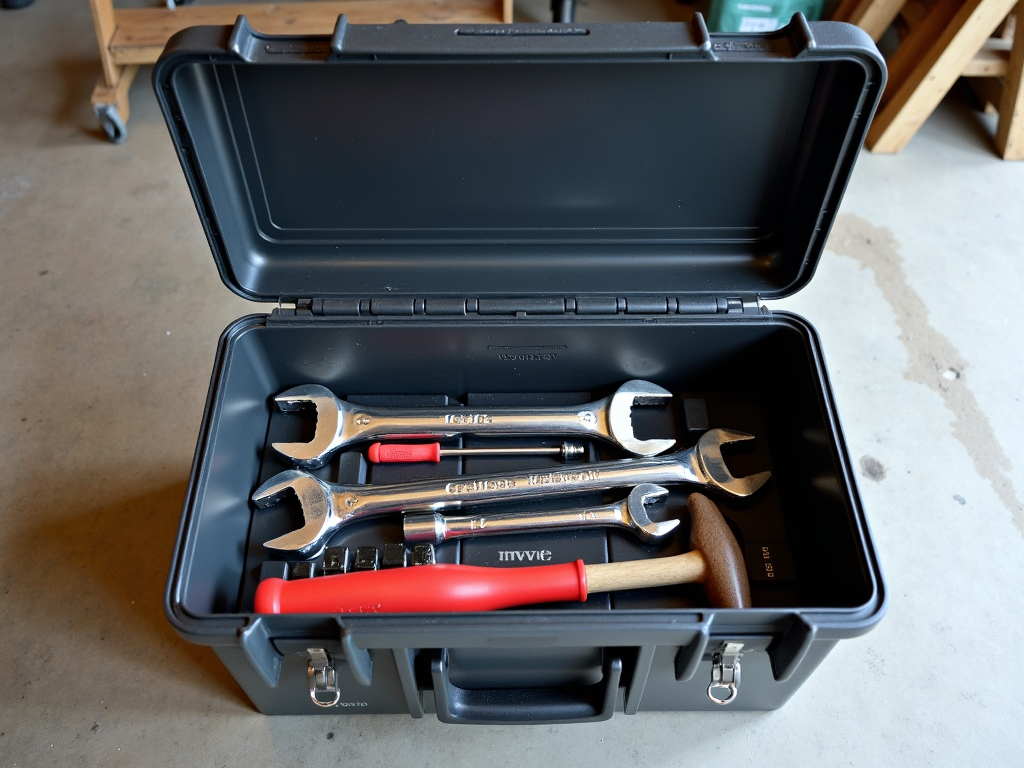
Summary
Selecting the right tools for your automotive needs sets you up for success. Match tools to your tasks, invest in quality options like workman tools, and keep them maintained. The right gear makes repairs easier, safer, and better for your vehicle in the long run.
Related Selecting the Right Tools for Your Automotive Needs:
- Top 10 Must-Have Tools for Every Mechanic
- Hand Tools Storage Solutions: A Comprehensive Guide
- The Ultimate Guide to Cleaning Your Car with a Power Washer
- The Impact of AI on Factory Safety
- Advanced Table Saw Techniques for Woodworking
- Mastering Tool Organization in a Small Workshop: A Comprehensive Guide
- The Ultimate Guide to Tool Maintenance
- Safety Tips for DIY Auto Repair: A Comprehensive Guide
- Comprehensive Guide to Circular Saws for Beginners
- Essential Electrical Tools for Wiring and Installations
- How to Clean Your Deck with a Power Washer: A Step-by-Step Guide
- Top Ergonomic Power Drills for Reduced Fatigue
